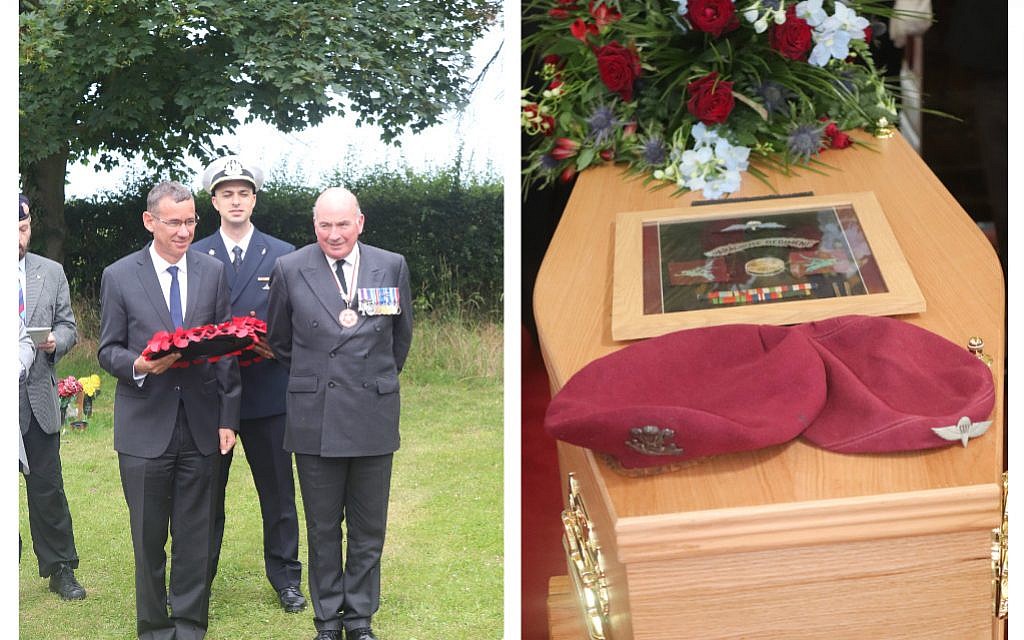Tributes paid at funeral for non-Jewish soldier who fought for Israel in 1948
Israel's ambassador and top former army officials attend funeral of Tom Derek Bowden, who passed away last month aged 98
Ambassadors and military chiefs have paid their respects to a non-Jewish soldier from South London who set up Israel’s first paratrooper regiment, as he was laid to rest at a church in Norfolk on Monday.
Israeli Ambassador Mark Regev and former Chief of the General Staff Lord Richard Dannatt made their way to St Andrews Church in South Lopham for the funeral of Tom Derek Bowden, who passed away earlier last month aged 98.
Bowden was described as “a hero of Israel” who lived “an extraordinary life,” which included fighting for Britain in the Second World War and getting injured in a cavalry charge in Syria alongside Moshe Dayan, Israel’s future military leader, who lost an eye in the same battle.
Get The Jewish News Daily Edition by email and never miss our top stories Free Sign Up
Despite not being Jewish or religious, Bowden went to fight for the new State of Israel in the 1948 War of Independence as one of 5,000 foreign fighters known by the Hebrew acronym ‘Machal.’ He later commanded Israel’s first paratrooper regiment and wrote the IDF’s first operations manual.
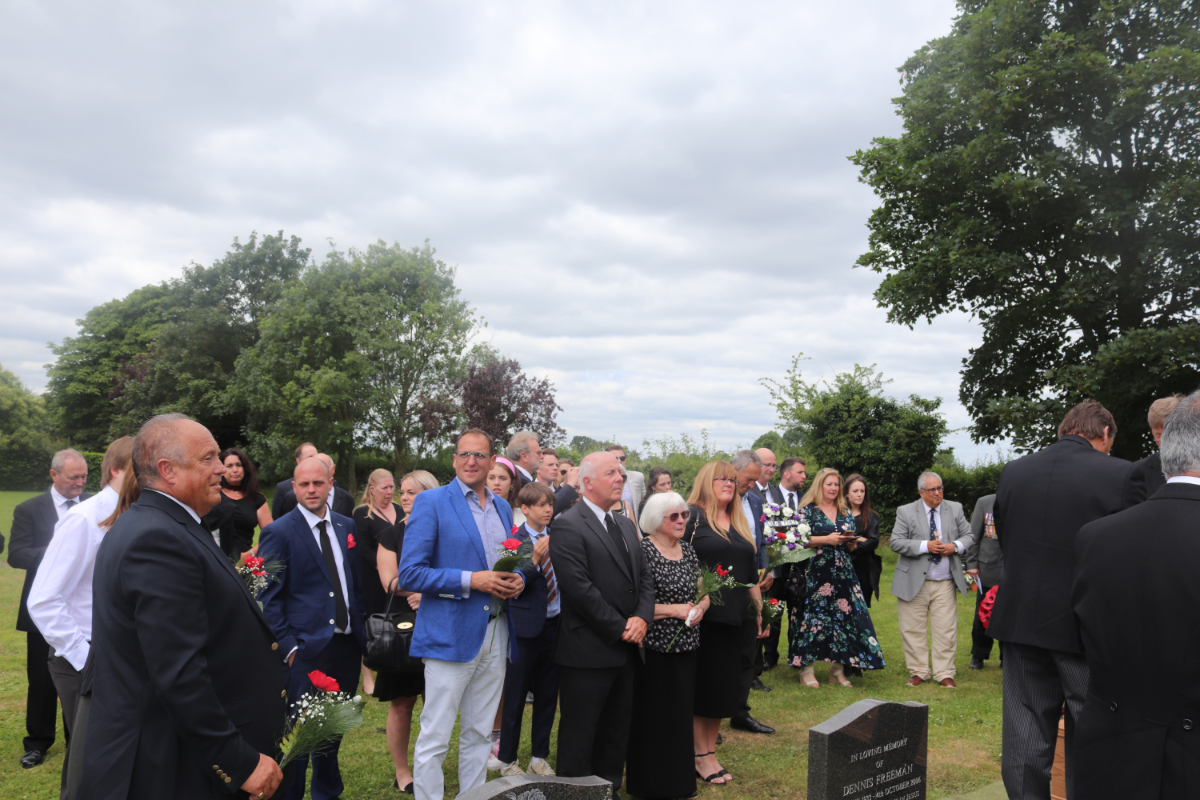
Accompanying Regev to the funeral was the Israeli defence attaché, as well as other current and former British soldiers, and Armed Forces Chaplain Rabbi Reuben Livingstone, who spoke at the church service.
“Tom Derek Bowden was an extraordinary man who lived many lives in his 98 years,” said Livingstone. “He is nothing less than a hero for the State of Israel and the Jewish people for his fighting contribution to Machal and the IDF’s 7th Brigade and his establishment of the parachute school at Tel Nof.”
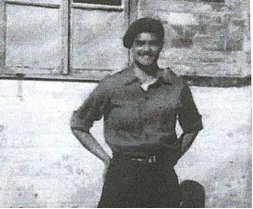
Canon Tony Billett, who officiated, said: “Tom fought for the Jewish people because he believed in their cause. That is both highly commendable and hugely courageous. His contribution to the good people of Israel was extraordinary but he was very modest. Most people round here had no idea what he had done. It was a delight and a great honour to be part of the service.”
Israeli Ambassador Mark Regev said: “Tom Bowden bravely fought to defeat the Nazis, and helped ensure the birth of the Jewish state. Israel will always cherish his memory.”
Lord Dannatt said: “It was a real privilege to attend Tom Bowden’s funeral. What a remarkable man and what a remarkable career in the service of his country and of Israel. He was an inspiration to all.”
Stan Kaye, a Jewish military historian, also attended. Afterwards, he said: “Listening to the stories about Tom, he was like something out of a comic book! He led the most incredible life. To say he ‘broke the mould’ doesn’t quite capture it. I felt privileged to attend.”
Bowden came from a wealthy family whose business products included Ribena, but he was neither academic nor interested in business and left school at 15. He enlisted with the British Army in 1938, aged 17.
During the war he was imprisoned in Bergen-Belsen for a month, where he saw the horrors of the Holocaust first-hand, and later said this played a role in his decision to fight for Israel.
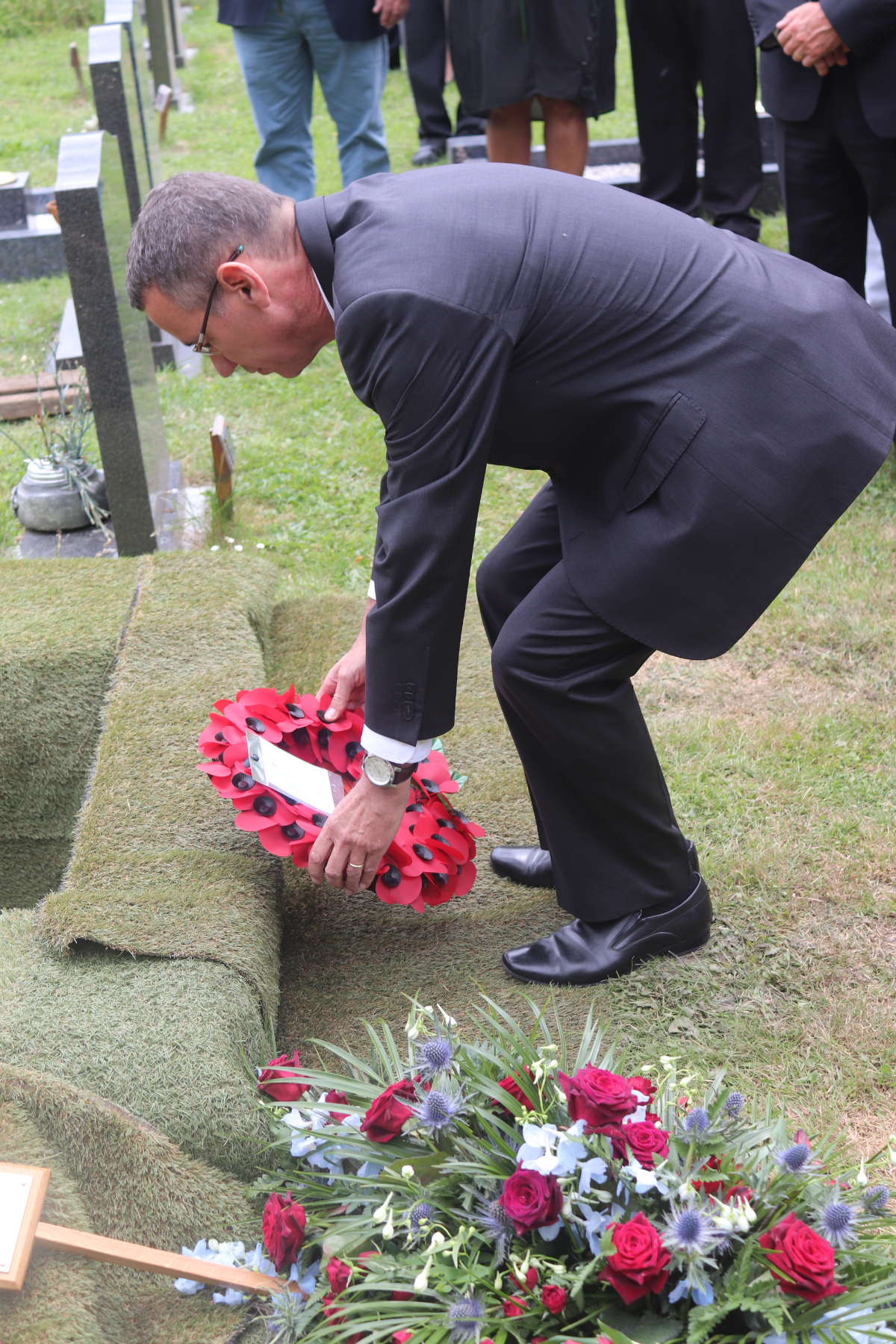
He also had several Jewish friends while growing up in south London and developed an affinity for a community whose music, dancing and traditions he had become familiar with.
Though he was not religious, and had no in-depth understanding of Zionism, he was greatly influenced by the famously pro-Zionist Christian officer Orde Wingate, who taught Jewish soldiers not to be restrained but to attack Arab soldiers at night.
Bowden fought some of the most ferocious battles of the Second World War, mainly in British Mandate Palestine. In 1942, he led a cavalry charge in Syria against the Vichy French. His men, wearing red cloaks, were armed with First World War rifles and sabres.
His leg was badly injured in battle but six months he was back on the battlefield, volunteering for a parachute brigade being recruited near the Suez Canal.
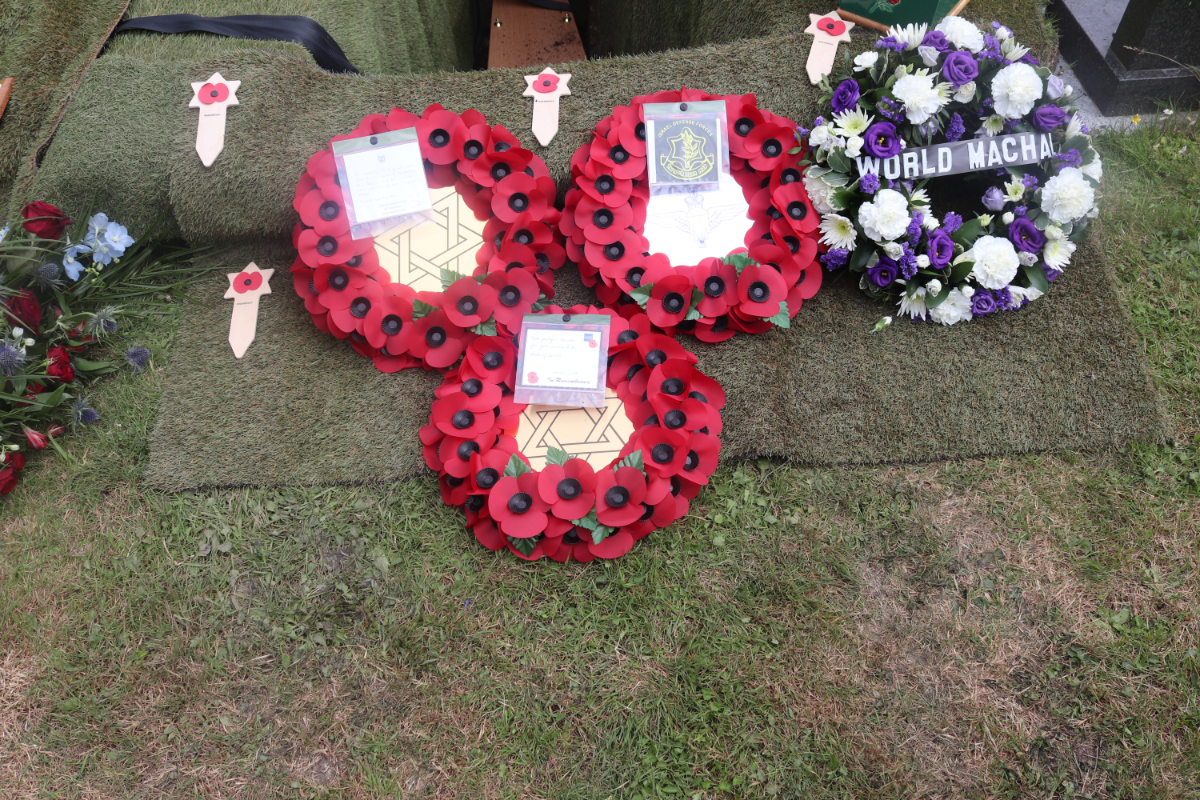
His job was to drop flares ahead of parachute landings along the North African coast and in occupied Europe.
In 1944, parachuting into Arnhem, his leg was injured again and he was captured and taken to a prison camp hospital near Hanover. After an escape and subsequent recapture, he was found to have diaries and letters from Jewish friends and girlfriends in Palestine.
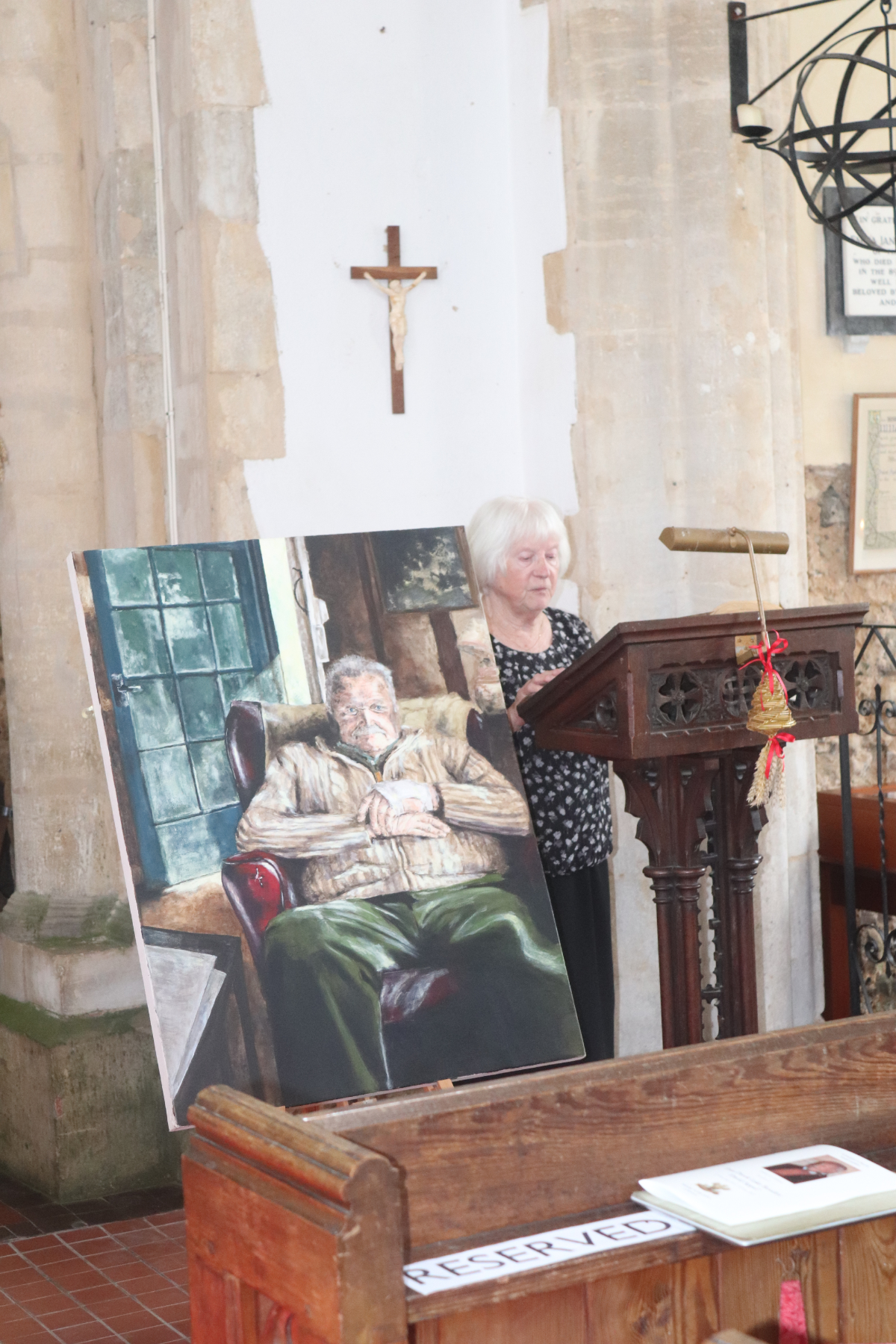
“I knew I shouldn’t have [had them], but I didn’t want to part with them,” he later said. The SS officer who questioned him had until then treated him well, offering him drinks and cigarettes, but “when he saw the papers, he told me he would show me how the Germans treated Jews, and I was sent for a month to Bergen-Belsen”.
He spent the month piling corpses onto carts and tipping them into pits during a typhus outbreak, recalling “the smell and emptiness,” before returning to Hanover.
The experience made it an easy decision to go to Haifa in 1948 to enlist. Israeli called him Captain David Appel, because one of the only Hebrew words he knew was the word for ‘apple’.
After the War of Independence he founded the IDF Parachute School, wrote the manual of operations and helped lead the Tzanchanim – the Israeli Paratrooper brigade – which was crucial to Israel’s military victories in 1956 and 1967.
He met his wife Eva in Israel but later came back to England, where he became a farmer in Norfolk. On Monday he was buried alongside Eva in Diss cemetery.
“He married an Israeli and retained until the end a love of Israel and its people,” said Rabbi Livingstone. “It was an honour for me as the Senior Jewish Chaplain to the British Armed Forces to pay him a final salute and tribute.”

Thank you for helping to make Jewish News the leading source of news and opinion for the UK Jewish community. Today we're asking for your invaluable help to continue putting our community first in everything we do.
For as little as £5 a month you can help sustain the vital work we do in celebrating and standing up for Jewish life in Britain.
Jewish News holds our community together and keeps us connected. Like a synagogue, it’s where people turn to feel part of something bigger. It also proudly shows the rest of Britain the vibrancy and rich culture of modern Jewish life.
You can make a quick and easy one-off or monthly contribution of £5, £10, £20 or any other sum you’re comfortable with.
100% of your donation will help us continue celebrating our community, in all its dynamic diversity...
Engaging
Being a community platform means so much more than producing a newspaper and website. One of our proudest roles is media partnering with our invaluable charities to amplify the outstanding work they do to help us all.
Celebrating
There’s no shortage of oys in the world but Jewish News takes every opportunity to celebrate the joys too, through projects like Night of Heroes, 40 Under 40 and other compelling countdowns that make the community kvell with pride.
Pioneering
In the first collaboration between media outlets from different faiths, Jewish News worked with British Muslim TV and Church Times to produce a list of young activists leading the way on interfaith understanding.
Campaigning
Royal Mail issued a stamp honouring Holocaust hero Sir Nicholas Winton after a Jewish News campaign attracted more than 100,000 backers. Jewish Newsalso produces special editions of the paper highlighting pressing issues including mental health and Holocaust remembrance.
Easy access
In an age when news is readily accessible, Jewish News provides high-quality content free online and offline, removing any financial barriers to connecting people.
Voice of our community to wider society
The Jewish News team regularly appears on TV, radio and on the pages of the national press to comment on stories about the Jewish community. Easy access to the paper on the streets of London also means Jewish News provides an invaluable window into the community for the country at large.
We hope you agree all this is worth preserving.
-
By Laurent Vaughan - Senior Associate (Bishop & Sewell Solicitors)
-
By Laurent Vaughan - Senior Associate (Bishop & Sewell Solicitors)
-
By Laurent Vaughan - Senior Associate (Bishop & Sewell Solicitors)
-
By Laurent Vaughan - Senior Associate (Bishop & Sewell Solicitors)


